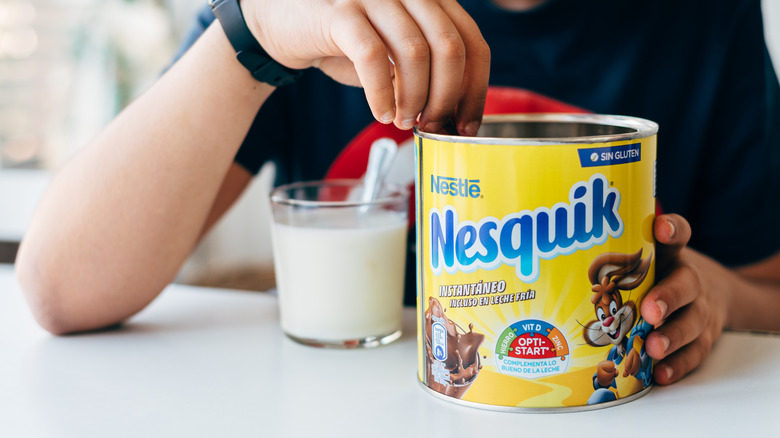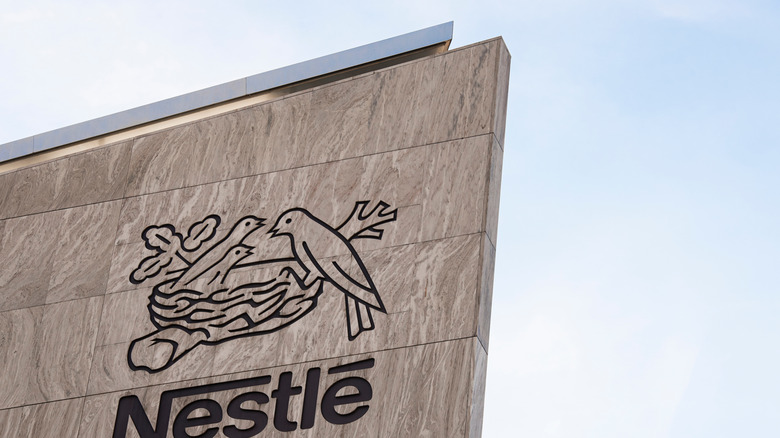Nestlé, PepsiCo Donations Fuel Doubt Over US Nutrition Academy's Credibility
Since the desperate levels of food insecurity the country experienced during World War I, The Academy of Nutrition and Dietetics (AND) has been dedicated to helping the United States government — providing it with research, education, and advocacy to support the country's nutritional well-being. With over 112,000 accredited nutritionists and dietetics, AND is the largest organization of it's kind in the world. With that, it also holds a significant amount of influence. Not only does the organization provide information to more than 110,000 food and nutrition professionals across the country, but it also has legislative power in shaping food policy through its lobbies with Congress (via The Guardian).
Touting itself as the "trusted source of food and nutrition information" on the Eat Right website, AND is meant to serve the public by acting as an independent voice. However, a recent peer-reviewed study published by the Cambridge University Press suggests otherwise.
Corporate influence at the Academy of Nutrition and Dietetics
After analyzing uncovered financial documents and internal communications from 2011 to 2017, researchers of the Cambridge University Press study revealed that AND has received millions in donations from companies such as Nestlé and PepsiCo — two companies that produce foods and drinks that have been linked to diseases like diabetes, obesity, and heart disease (per The Guardian). Additionally, a number of former industry employees at pharmaceutical and agribusiness corporations hold key leadership positions at AND — including Monsanto, a major party allegedly behind the GMO research that caused agricultural damage in Hawaii.
The study also revealed a 2015 email from an AND employee clearly defining sponsorships as "when a company pays a fee to the Academy/Foundation in return for Academy/Foundation defined specific rights and benefits" — effectively equating them to a quid pro quo. The email then proved that AND was, at the time, involved in a two-year, $300,000 "sponsorship" deal with Abbott. Within the email exchange, the parties discussed ways that AND could influence dietitians to push the company's Pediasure product in pediatrician offices.
Executive director of US Right to Know and a co-author of the study, Gary Ruskin, told The Guardian, "It's incredibly influential so if the Academy is corrupt then nutritional policy in the US is going to be corrupt." He went on to say, "If we're ever going to solve the problems of obesity and diabetes in the US and elsewhere, then we're going to have to tackle the corruption in our health institutions."

